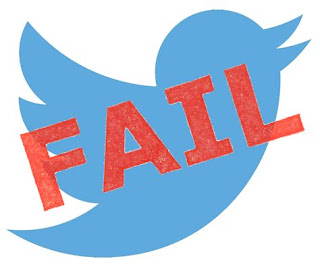Gabriel San Roman
Los Angeles Times
Originally posted 9 September 23
Here are two excepts:
“The illegal disposal of hazardous and medical waste puts the environment, workers and the public at risk,” Bonta said. “It also violates numerous federal and state laws. As a healthcare provider, Kaiser should know that it has specific legal obligations to properly dispose of medical waste and safeguard patients’ medical information.”
The state attorney general partnered with six district attorney offices — including Alameda, San Bernardino, San Francisco, San Joaquin, San Mateo and Yolo counties — in the undercover probe of 16 Kaiser facilities statewide that first began in 2015.
Investigators found hundreds of hazardous and medical waste items such as syringes, tubing with body fluid and aerosol cans destined for public landfills. The inspections also uncovered more than 10,000 pages of confidential patient files.
During a news conference on Friday, Bonta said that investigators also found body parts in the public waste stream but did not elaborate.
(cut)
As part of the settlement agreement, the healthcare provider must retain an independent third-party auditor approved by the state and local law enforcement involved in the investigation.
Kaiser faces a $1.75-million penalty if adequate steps are not taken within a five-year period.
“As a major corporation in Alameda County, Kaiser Permanente has a special obligation to treat its communities with the same bedside manner as its patients,” said Alameda County Dist. Atty. Pamela Price. “Dumping medical waste and private information are wrong, which they have acknowledged. This action will hold them accountable in such a way that we hope means it doesn’t happen again.”











